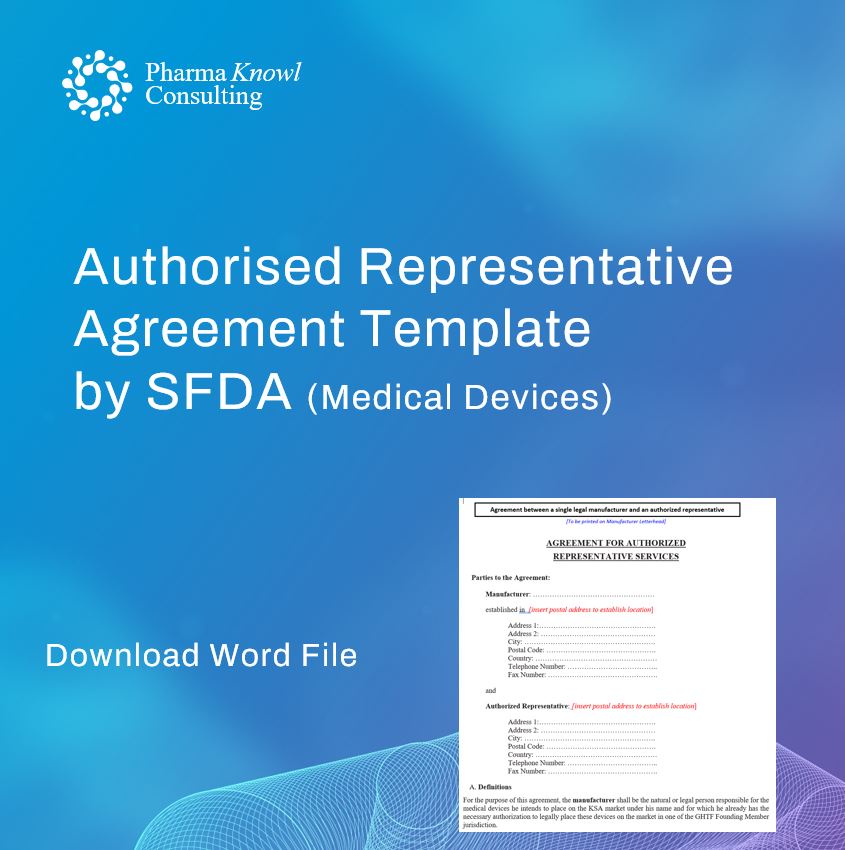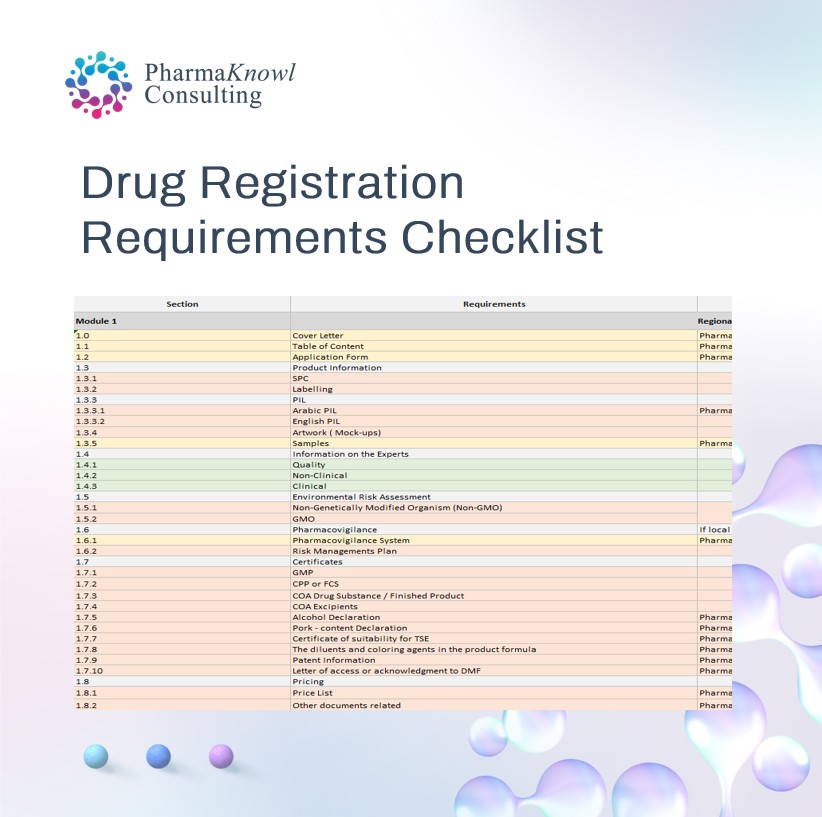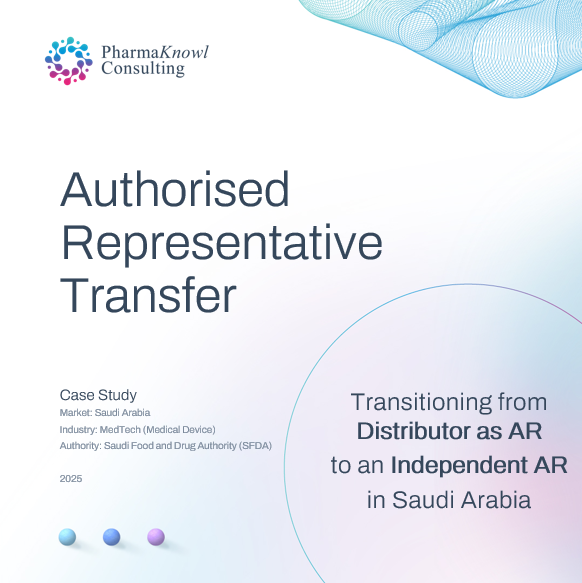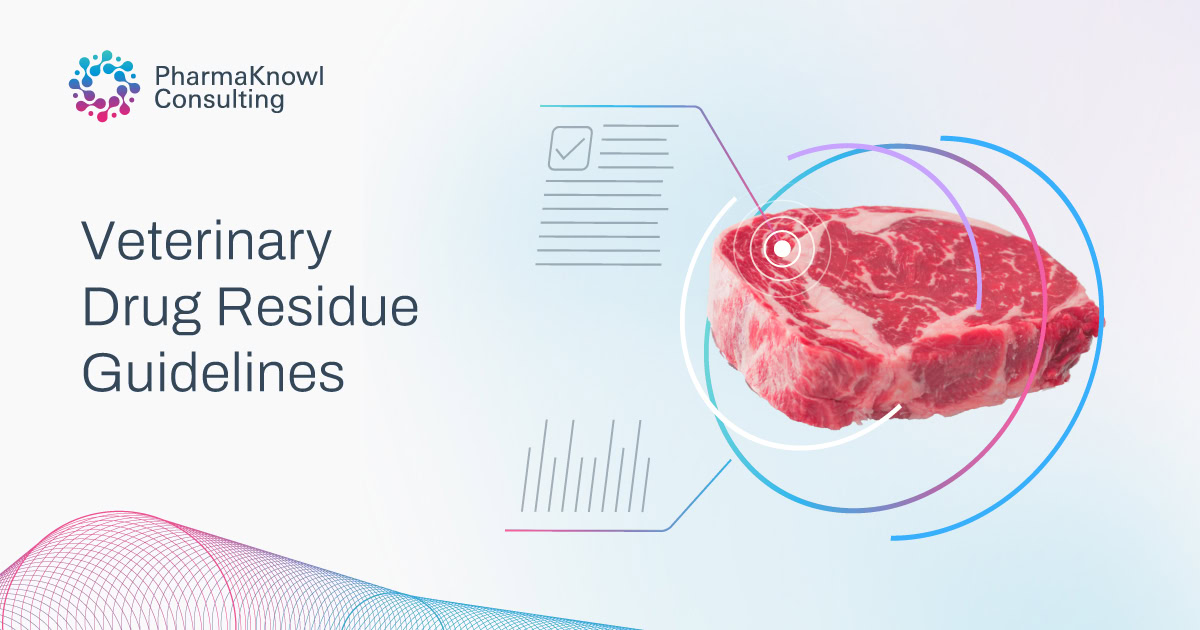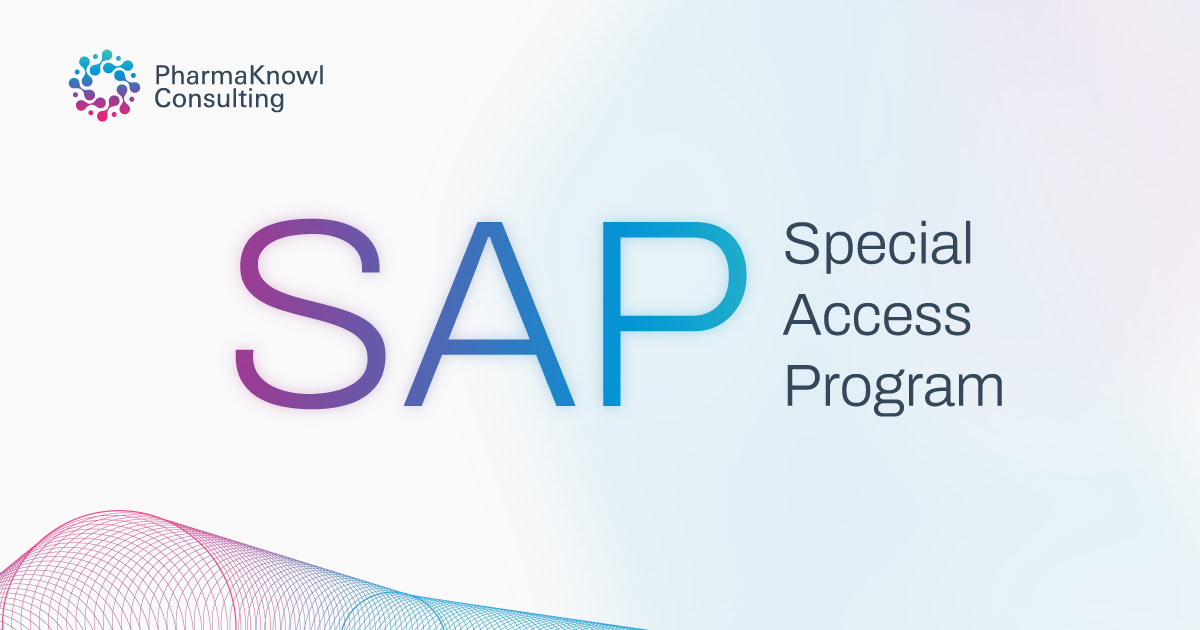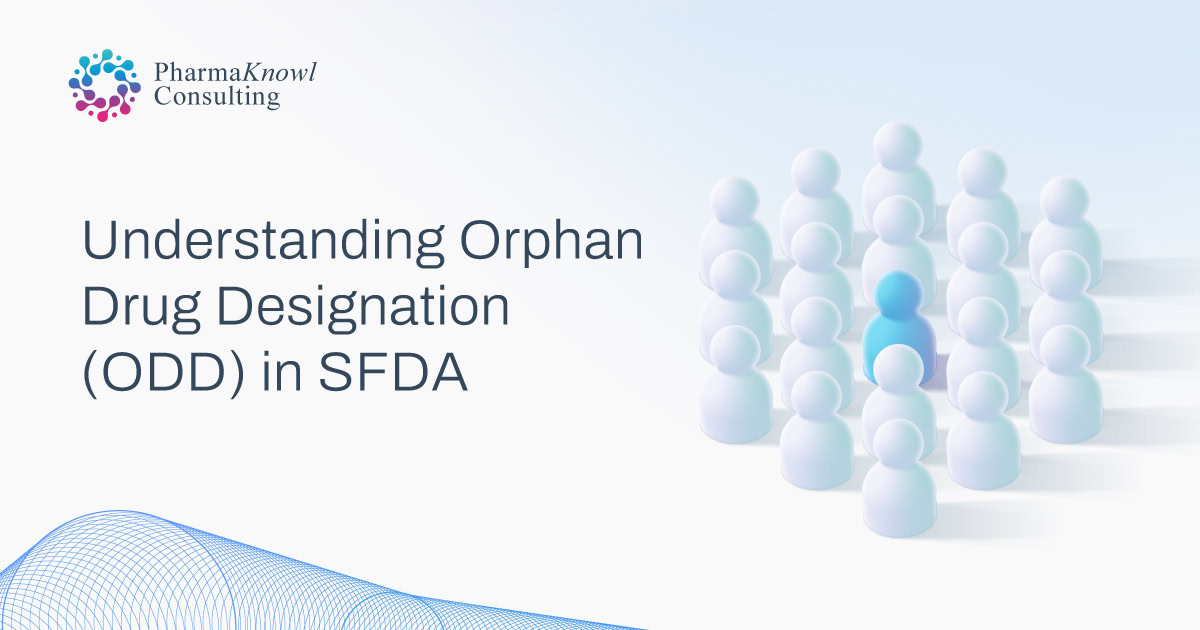
About the Author
Madiha Baaj
Regulatory Affairs Specialist, experienced in pharmaceutical regulatory activities, including product registration, renewals, and variations. Skilled in preparing and managing regulatory submissions & pathways such as Orphan Drug Designation (ODD), Breakthrough Therapy, and Priority Review.
In the pursuit of advancing healthcare and addressing unmet medical needs, regulatory bodies play a crucial role in incentivising the development of therapies for rare diseases. The Saudi Food and Drug Authority (SFDA) has taken significant strides in this direction, offering a comprehensive framework for the designation of orphan drugs (ODD) in the drug registration procedure.
Orphan drugs refer to pharmaceuticals developed to treat diseases that affect a small number of individuals within a population. Recognising the unique challenges developers face working on these drugs, regulatory authorities worldwide, including the SFDA, have established specific guidelines to facilitate their development and approval.
Table of contents
Definition of Orphan Drug Status
SFDA provides clear criteria for determining whether a drug qualifies for orphan status. Generally, this involves demonstrating that the drug is intended to treat a rare disease or condition that affects a limited number of individuals.
Eligibility Criteria
- One indication of orphan condition.
- Seriously debilitating diseases or life-threatening conditions or diseases.
- Prevalence of rare disease or condition or lack of financial viability.
- Under development for this orphan condition.
- Comparison with other methods for diagnosing, preventing, or treating the condition.
Incentives for Orphan Drugs
The SFDA recognises the challenges faced by developers of orphan drugs and offers incentives to encourage their development. These incentives may include priority review, pre-submission meetings, and market exclusivity.
ODD Application Process
Developers seeking SFDA orphan drug designation (ODD) must submit a comprehensive application that includes detailed information about the drug, the rare disease it aims to treat, and evidence supporting its potential benefits. The SFDA reviews these applications meticulously to ensure that the criteria for orphan status are met.
Post-Approval Monitoring
Once a drug receives orphan designation and subsequently gains approval, the SFDA continues to monitor its safety and efficacy. As part of the pharmacovigilance system, this post-approval surveillance ensures ongoing compliance with regulatory standards and provides additional reassurance to patients and healthcare providers.
Impact on Rare Disease Patients
The SFDA’s orphan drug designation program holds great promise for individuals affected by rare diseases in Saudi Arabia. By providing a supportive regulatory environment and incentivising the development of orphan drugs, the SFDA contributes to expanding treatment options and ultimately improves the quality of life for those facing rare and often debilitating conditions.
Conclusion
In the complex drug development landscape, the SFDA’s commitment to orphan drugs stands as a beacon of hope for those with rare diseases. The guidelines for orphan drug designation create a pathway for developers to navigate the challenges associated with rare conditions, fostering innovation and bringing new treatments to those who need them the most.
As the SFDA continues to refine and adapt its regulatory framework, the future promises more breakthroughs and advancements in rare disease therapeutics, offering renewed hope and healing to individuals and families across Saudi Arabia.
Read More:
About the Author
Madiha Baaj
Regulatory Affairs Specialist, experienced in pharmaceutical regulatory activities, including product registration, renewals, and variations. Skilled in preparing and managing regulatory submissions & pathways such as Orphan Drug Designation (ODD), Breakthrough Therapy, and Priority Review.
Resources
Services
Events

